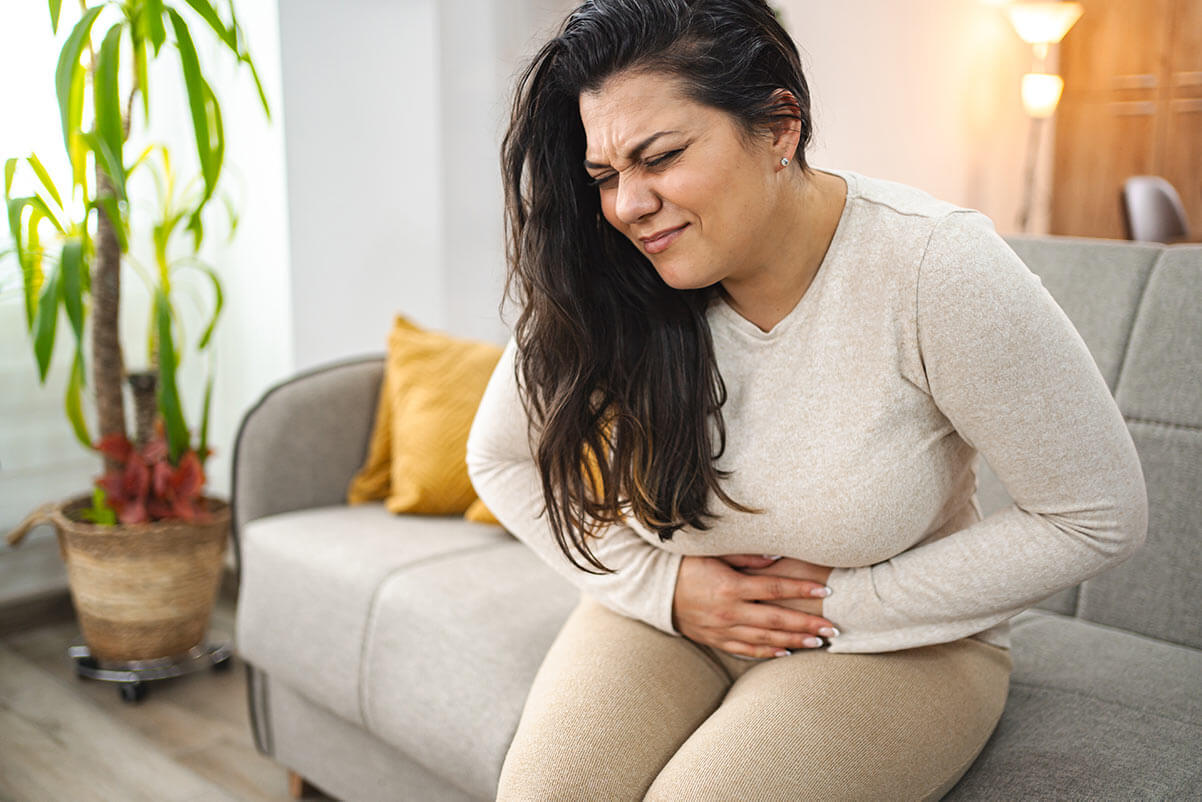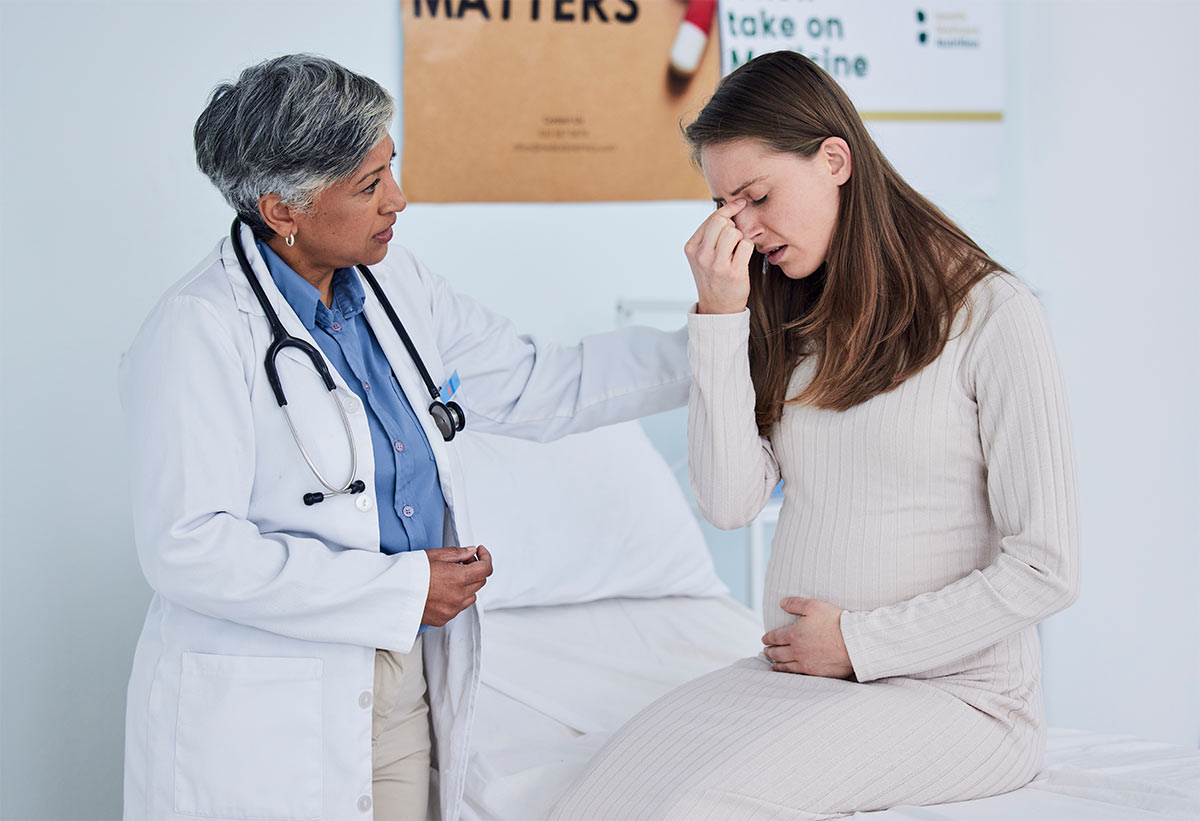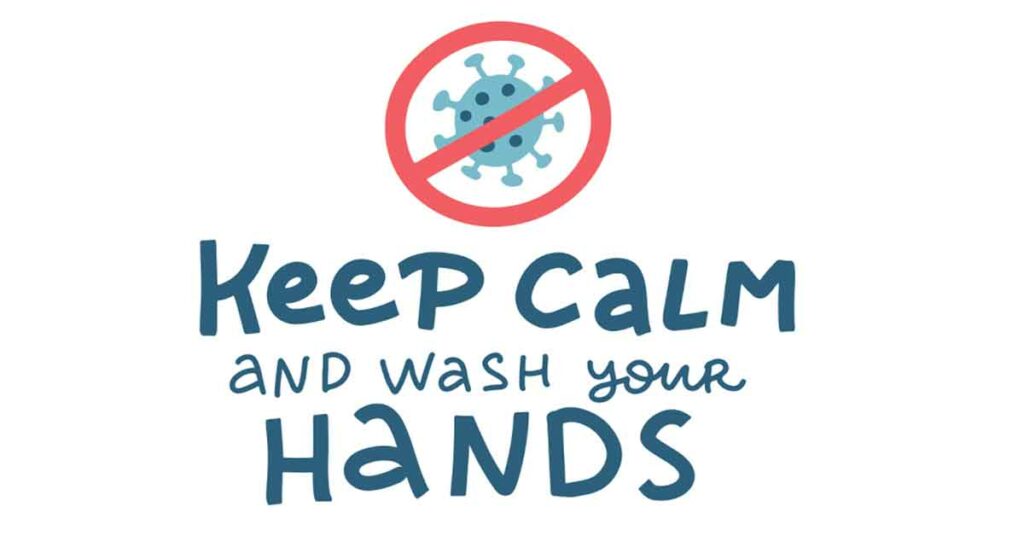
According to the U.S. Centers for Disease Control and Prevention, “Hand hygiene is the first line of defense for the prevention of illnesses and spread of infection to others.” And this small simple activity, hand hygiene, is so important that the CDC has declared May 5th as World Hand Hygiene Day. (CDC, April 2019)
As we’ve seen with the outbreak of COVID-19, this simple activity has become an absolute must. The virus spreads through touch and droplets generated when an infected person coughs or sneezes, or through droplets of saliva or discharge from the nose. Diligent and thorough hand washing is one of the most effective ways to prevent COVID-19 and other viral infections.
Why Hand Hygiene is Important
Thousands of people die every day around the world from infections acquired while receiving health care, because hands are the main pathways of germ transmission. Hand hygiene is the most important intermediary between transmission of harmful germs and prevents healthcare-associated infections.
This can be avoided by a simple habit of washing hands regularly and any health-care worker, caregiver, or person involved in direct or indirect patient care needs to be concerned about hand hygiene and should perform it correctly. (WHO, April 2017)
The World Health Organization has also initiated hand hygiene in their campaigns, which encourages all the healthcare workers and caregivers to incorporate this as “My 5 Moments of Hand Hygiene”
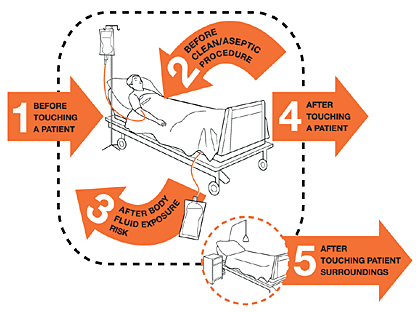
- Before touching to any patient,
- Before clean/aseptic procedures,
- After body fluid exposure/risk,
- After touching a patient, and
- After touching the patient’s surroundings.
In simple words, hand hygiene includes applying an alcohol-based hand rub to the surface of hands (including liquids, gels, and foams) OR washing hands with the use of water and soap or a soap solution, either non-antimicrobial or antimicrobial. When performed correctly, hand hygiene results in a reduction of microorganisms on hands.
Many infections are caused by spreading germs from person-to-person. Even when your hands look clean, they can still be carrying germs. This is because they are so small that you just can’t see them and when we touch other people or objects, we can spread germs without even realizing it. (CMM, April 2020)
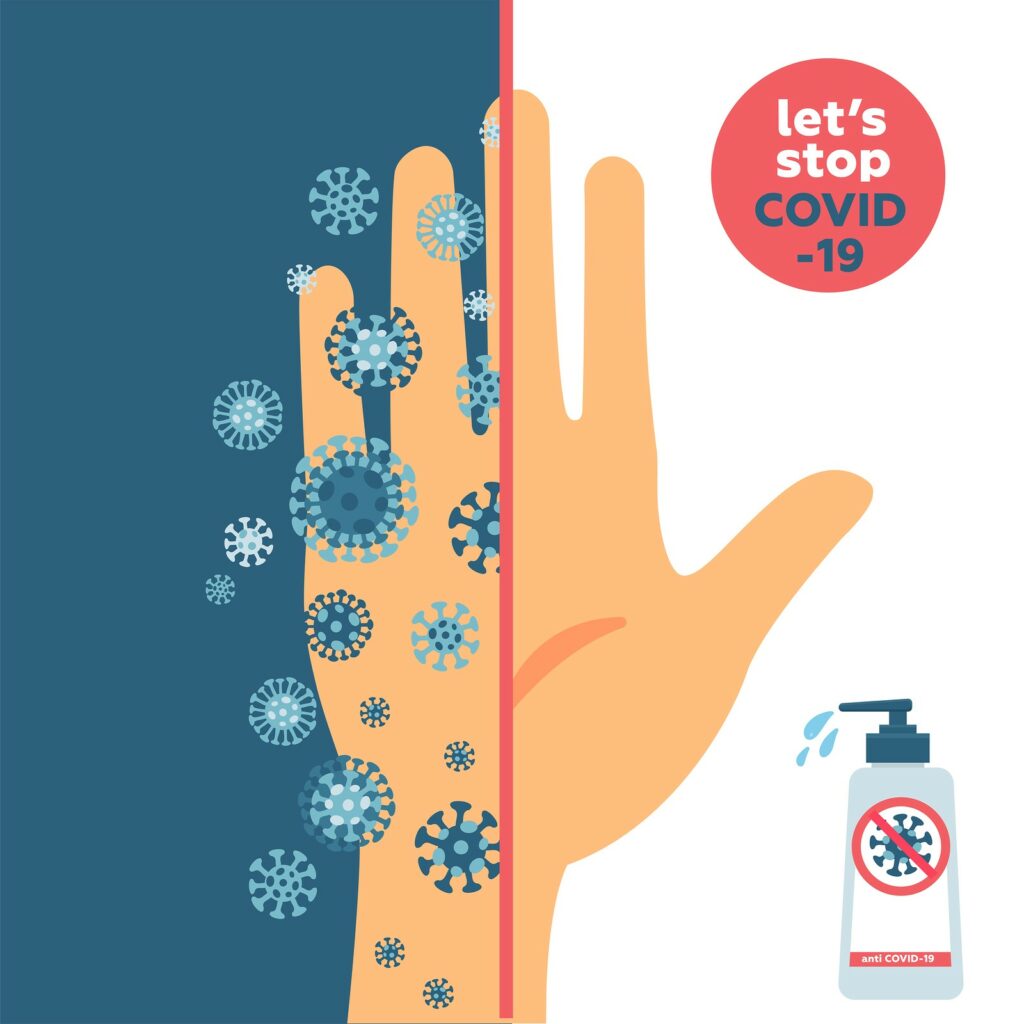
When to wash your hands
You should wash your hands properly and often, especially:
- After you cough, sneeze, or blow your nose
- Before, during and after preparing food
- After going to the toilet or changing a nappy
- When your hands are visibly dirty
- After smoking
- After handling or petting animals
- Before and after taking care of someone who is sick
- When you enter and leave a healthcare facility.
Ideally, if you’re practicing good social distancing, you’re not coming into direct contact with other people with handshakes and hugs, but even something as simple as a trip to the grocery store opens you up to the possibility of touching a surface that has been touched by someone who is sick. (HealthyWay, April 2020)
Overall, experts recommend viewing proper hand hygiene as a way of taking charge of your health, not only amid the COVID-19 pandemic, but every day.
Work Cited
Hand Hygiene, healthywa.wa.gov.au/Articles/F_I/Facts-about-hand-hygiene.
“Hand Hygiene: Compliance Reduces Spread of Disease.” Cleaning & Maintenance Management, 1 Apr. 2020, www.cmmonline.com/articles/hand-hygiene-compliance-reduces-spread-of-disease.
“Hand Hygiene in Healthcare Settings.” Centers for Disease Control and Prevention, Centers for Disease Control and Prevention, 29 Apr. 2019, www.cdc.gov/HandHygiene/index.html.
“My 5 Moments for Hand Hygiene.” World Health Organization, World Health Organization, 21 Apr. 2017, www.who.int/infection-prevention/campaigns/clean-hands/5moments/en/.


